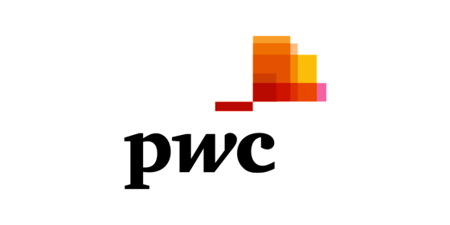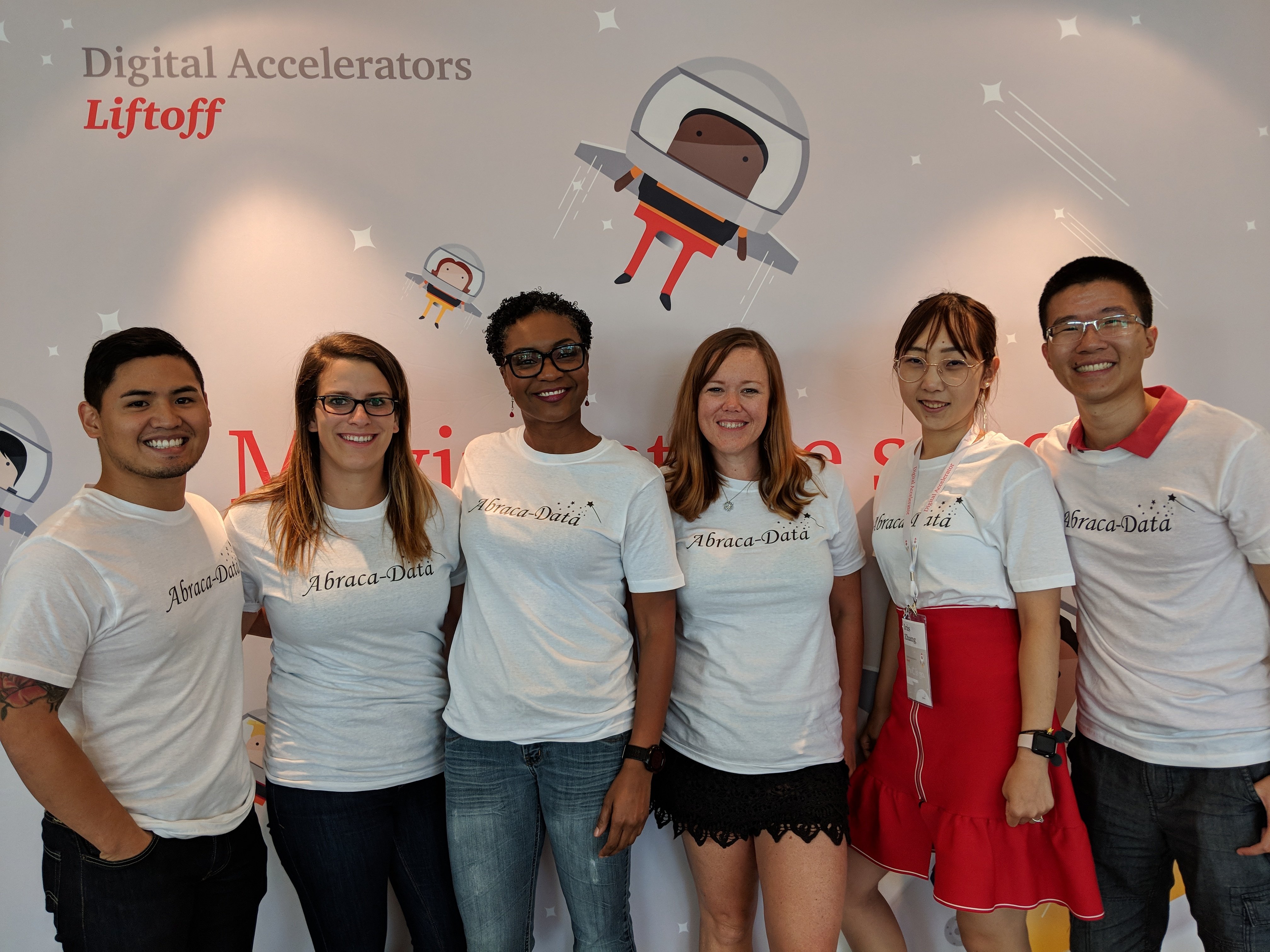
Industry:Banking and Financial Services
Region:North America
Client:PwC
PwC Unlocks the Keys to True Digital Transformation

A robot
for every employee
50K+
employees introduced to RPA
5M+
staff hours saved
$500M+
saved from reduced staff hours
Client Overview
Global network of firms delivering assurance, tax, and consulting services
PwC, a global network of professional services firms, had a bold vision: reshape its workforce for the digital age. Impossible? Not with the help of UiPath.
In 2017, PwC U.S. started in their digital upskilling journey that is now a global effort to train every person in the company how to build automations (that's more than 276,000 employees globally).
We know business leaders are concerned about a lack of digital skills in their workforce. According to PwC’s 2020 CEO survey, 79% of chief executives reported that this very thing threatens the future growth of their organizations. What if you could address this issue, while at the same time empowering your people to apply new tech skills to help improve their own productivity and job satisfaction?
PwC is tackling these challenges with an approach it calls “citizen-led innovation,” built around equal parts leadership and employee crowdsourcing. It is part of PwC’s $3 billion investment in upskilling its entire global workforce and developing and sharing technologies to support its clients and communities. The approach works—and without it, it’s tough to achieve the innovation, productivity and change PwC seeks on a large scale.
PwC’s comprehensive workforce upskilling strategy, which is ongoing, involves rolling out a suite of digital assessment and training programs, deployed on both PwC-developed and key industry technologies, that impact all employees’ day-to-day work and help create a culture of continuous learning.
Robotic process automation (RPA) is among the technologies PwC aimed to put into its peoples’ hands to provide training so they could automate time-consuming manual processes, help reduce human error, and free themselves and colleagues up to do more strategic work. To provide a platform for building “bots” and automating software workflows UiPath was one of the technologies selected for upskilling PwC’s workforce.
PwC leaders wanted the entire organization to have access to RPA software and Analytic Process Automation and the skills to be able to build their own automations. The idea was to “leave no person behind” when it came to digital know-how and access to relevant tools.
Lay of the land
The transformation began where major initiatives should: a hard look at what wasn’t working, and discussions about ways to not only fix those problems, but also help achieve the company’s business goals. PwC identified several highly repetitive, rules-based tasks that created inefficiencies for some of their people. Such manual jobs are ideal candidates for automation, and creating robots was a natural solution. The approach was dual pronged: driven by a centralized tech team to identify key processes and areas that would help deliver results for the firm, and, at the same time, grassroots and citizen-led. As a result, employees have free rein to apply newfound tech skills to help solve everyday challenges and automate manual processes, which helps increase job satisfaction and employee engagement.
PwC leaders also wanted to help enable everyone at the company— themselves included—with tech skills they could apply on the job to streamline their work and solve problems.

You need to baseline digital skills for an organization and then give them a tool to learn new skills and apply new skills quickly. PwC was diligent in deciding on our tools. UiPath was one of them for automation. Once you teach people how to use the tools, the level of innovation people generate themselves is amazing. That’s what we call citizen-led.”
Darren Lee • Principal at PwC U.S.
Offering a digital edge
With bots handling certain tasks automatically, PwC staff can focus their attention on enhancing the client experience. That means freeing up time to dig into data to glean new insights, focus on areas where human judgment is critical, or dream up the next innovative bot that can add value to their projects.
In our first year of using the UiPath Platform, we automated about five million hours of non-value-added work. We strongly believe that with the right approach RPA can transform any organization.
Kevin Kroen • Partner, Intelligent Automation and Digital Upskilling Leader at PwC U.S.
Only the beginning
PwC has rolled out RPA to its more than 50,000 U.S. and Mexico employees and is in the process of expanding this globally across the PwC network of firms. As a result, it has helped them enjoy measurable productivity gains and created a more digitally savvy workforce. One of the first business units to take advantage of RPA was PwC’s tax group. Their work is high-volume, data-intensive, and highly structured—in other words, perfect for RPA. Tax group stakeholders reported increased productivity levels and reduced operational costs following the rollout. PwC will continue to enhance how RPA supports their own work and helping their clients in their own digital transformations.
Related case studies
Ready for your own case study?
Speak to our team of knowledgeable experts and learn how you can benefit from RPA.






